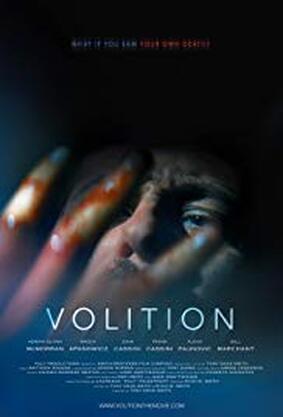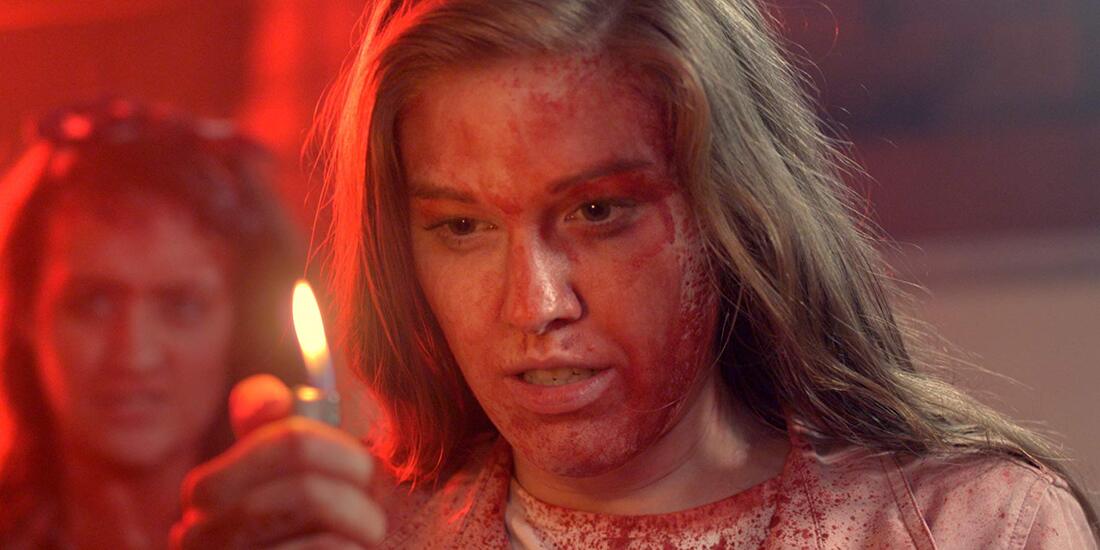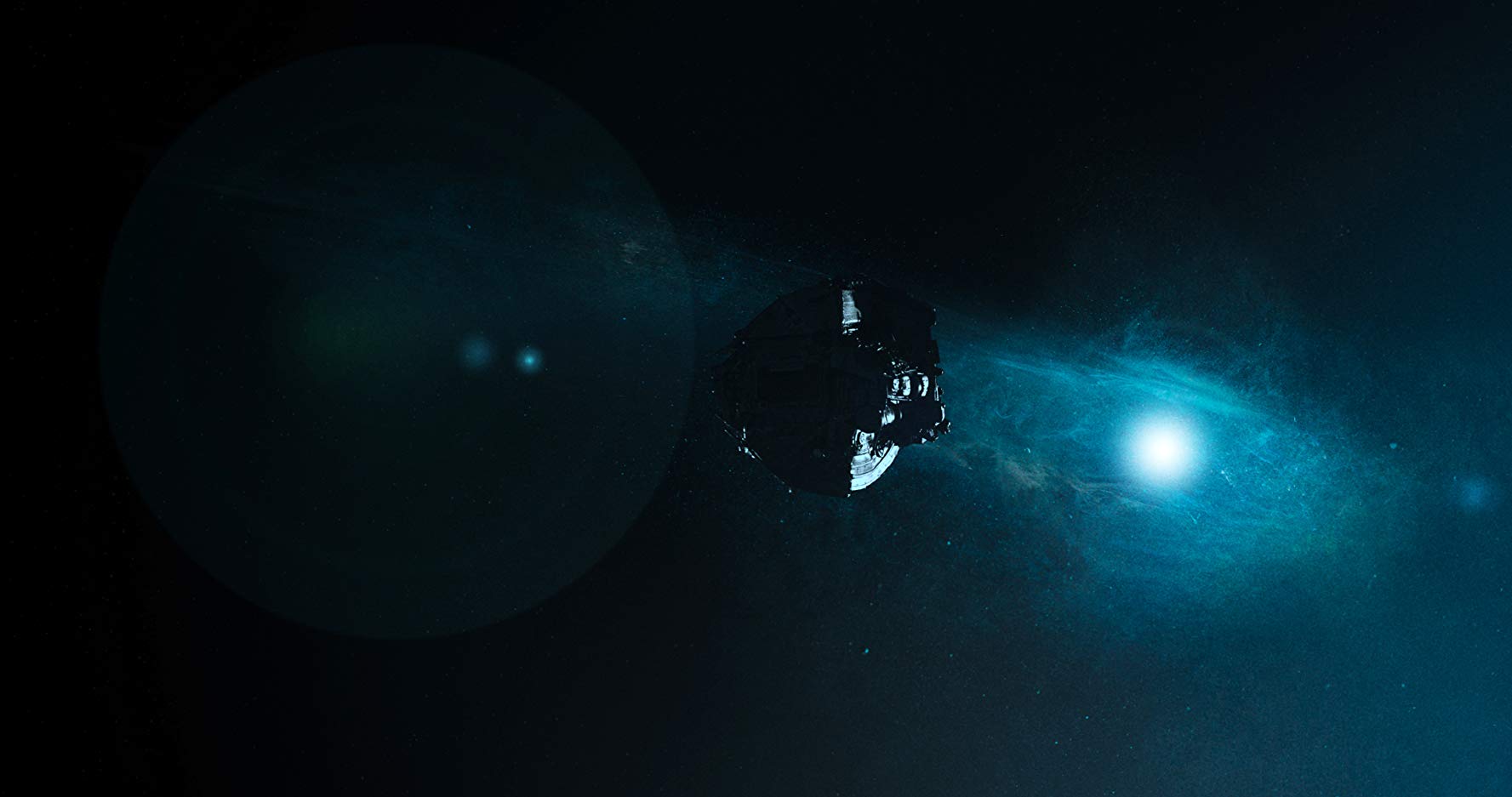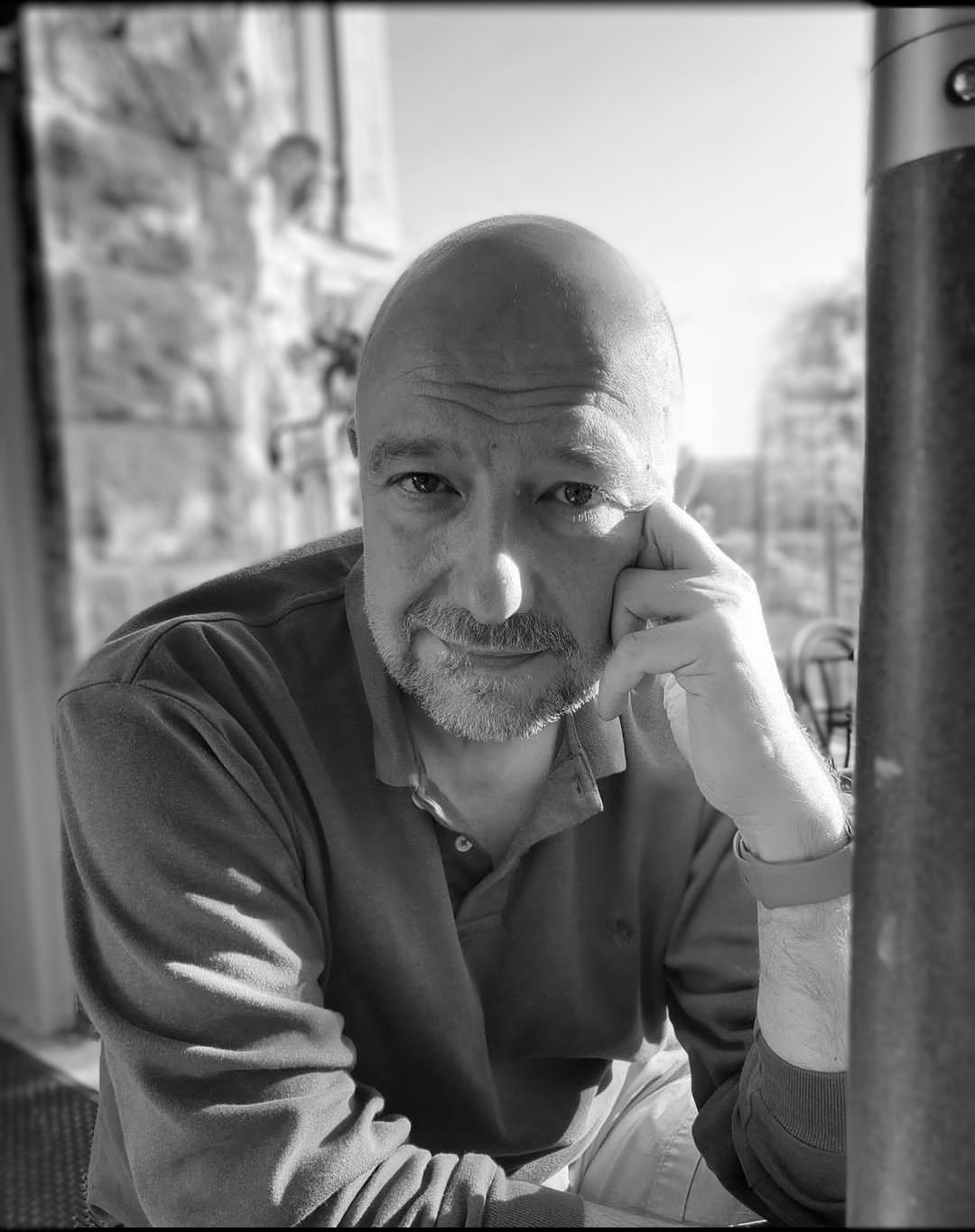 It seems fitting that Other Worlds Austin, Texas’s premiere science fiction film festival that ran December 5-8, launched its sixth year with 1984’s Dreamscape, a B-feature classic that follows psychic Dennis Quaid as he joins an experiment to have sleepers enter each other’s unconscious. Fitting because it not only showcases a forgotten if occasionally clunky effort that often reminds one of the source code for Christopher Nolan’s Inception, but also because the movie’s central idea (to say nothing of its title) offers insight into not only the festival itself but science fiction in general: what is science fiction but a tour through society’s dreamscape, examining our hopes and nightmares of our universe? The twenty-plus features (plus shorts) selected this year by the Other Worlds team gave us remarkable glimpses into these dizzying dreamscapes. If genres often possess a collective focus, then this year saw several stories using time travel motifs, each running their characters back and forth through the chronosynclastic infundibulum to illuminate their lives and the conditions we often wish to escape. In the absorbing British film Around the Sun, a film location scout falls in love with a crumbling château as well as its beautiful, flirtatious representative as she recounts the story of a famous book set there. They flirt, they discuss life, the universe, everything that matters, though they may only be characters in a book. The Ascent, another British movie, this one about a military team that is forced to fight the same battle over and over in perpetuity. Afterlife, from the Netherlands, tells the story of a woman who returns to the beginning of her life with the sole intention of saving her mother, who had died much too soon. It’s a touching, bittersweet parable that focuses on the realities of life and death. Volition, by contrast, is a lean and mean thriller that begins as a gritty film noir that follows a man who has visions of his own murder and attempts to change a fate that he knows is fixed. It’s worth your while.  If the above time travel movies kept their eyes on the past, it may have been because our grasp of the future has loosened. This doesn’t mean that other filmmakers failed to set their sights futureward, however. In After We Leave, a former criminal obtains a visa to an off-world colony but cannot leave the run-down, dystopian Los Angeles without his wife. It’s an interesting premise, though it didn’t connect with me like I thought it would. The documentary I Am Human, on the other hand, provided an exploration of co-evolution of humans and technology, focusing on people with different ailments that choose to use robotic implants to cure themselves. It’s a good primer on a dizzying subject. In The Honeymoon Phase, a young couple lie about their marital status so that the can receive $50,000 for joining “The Millennium Project,” a 30-day scientific study analyzing couples’ relationships while they reside in secluded futuristic smart homes. Slowly, one succumbs to madness as she questions the identity of her partner. One of the festival’s closing movies, it said much about who we are and how we may cope with an ever-encroaching future. Running concurrent to Other Worlds Austin was Under Worlds Austin, with a focus on horror film. The best effort was Dead Dicks, directed by Chris Bavota and Lee Paula Springer (an interview with the pair as well as actor Heston Horwin will appear here on Friday), which tells the story of a mentally ill young man who discovers what appears to be his own dead body after a suicide attempt. When his sister arrives at his apartment to check on him, they find more dead versions of him as well as a strange hole in his bedroom wall. Dead Dicks covers tough subject matter with an honest portrayal of mental illness and depression. It’s my favorite movie of the entire festival. In Dementer, a woman attempts to put her life back together after escaping a backwoods cult by taking a job in a home for special needs adults, only to have the dark messages of her past tell her one of the sick patients needs more than just medicine. The Canadian feature Spiral is about a same-sex couple that moves to a small town so they can enjoy a better quality of life and raise their teenage daughter. However, nothing is as it seems in their picturesque neighborhood. In the festival’s centerpiece picture Scare Package, Rad Chad’s Horror Emporium onboards its mysterious new employee. It’s a meta-comedy meant to subvert different horror tropes, and was probably the most-attended film of the weekend. Alas, I wish I had enjoyed it more. Other Worlds Austin often showcases the work of a specific filmmaker, and this time it was one that means a good deal to me: Nicolas Meyer, the writer/director responsible for saving the Star Trek franchise with Star Trek II: The Wrath of Khan. It would be impossible to underestimate his influence on my own geek interests. I discovered the film adaptation of his novel The Seven Percent Solution when I was nine years old, and almost immediately became obsessed with Conan Doyle Sherlock Holmes stories. A couple of years later I saw Time After Time, which ran at Other Worlds Austin on Friday night for its 40th anniversary screening. In it, H. G. Wells invents a time machine in 1893 London, only to have it stolen by Jack the Ripper. Inevitably Wells chases the Ripper through the streets of San Francisco 1979, where his dreams of utopia must face the harsh realities of his future…and, interestingly, our past. After both it and a screening of Star Trek VI: The Undiscovered Country on Sunday, Meyer spoke about working in Hollywood, about Star Trek, and about his new novel The Adventure of the Peculiar Protocols, where he revisits Holmes and Watson.
If there was one thing I lamented initially about this years festival, it was the seeming lack of space opera, which remains one of my favorite sf subgenres. I needn’t have worried, because the final movie was the German film The Final Land, and it stands as one of the best of the festival’s six-year run thus far. Two men, an escaped prisoner and the guard assigned to recapture him, discover a derelict spaceship in the middle of a desert sandstorm. They work together to make it operational and fly off the planet, setting course for a nearby space station. Then the prisoner begins reading the ship’s log and learns that the former crew succumbed to space sickness, just as his shipmate begins showing signs of it. Made with found materials and practical special effects, The Final Land stayed with me for days afterward, charting our collective dreams to the stars…and for Other Worlds Austin, a capstone for its sixth year. I look forward to its seventh year, when it charts new dreamscapes.
0 Comments
Leave a Reply. |
Derek Austin Johnson has lived most of his life in the Lone Star State. His work has appeared in The Horror Zine, Rayguns Over Texas!, Horror U.S.A.: Texas, Campfire Macabre, The Dread Machine, and Generation X-ed. His novel The Faith was published by Raven Tale Publishing in 2024.
He lives in Central Texas. Archives
May 2024
Categories |



 RSS Feed
RSS Feed